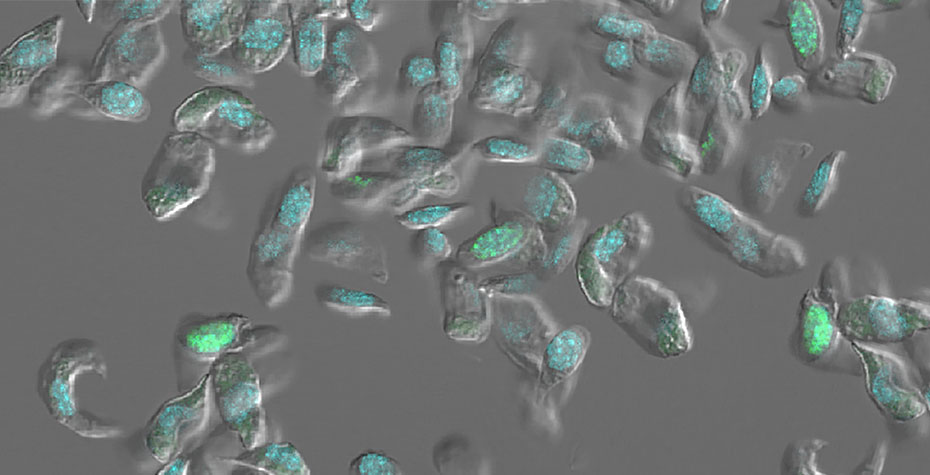Research Shows Closer Relationship Between Immune System and Nervous System Than Previously Thought

For years, researchers have tried to determine how neurons are produced and integrated into the brain throughout adult life. A new study by Barbara Beltz, the Allene Lummis Russell Professor of Neuroscience, Jeanne Benton DS '92, Rachel Kery '12, Emmy Li '15, and Irene Söderhäll of Uppsala University, Sweden, demonstrates that the immune system can produce cells with stem cell properties. These cells can, in turn, create different types of cells, such as neurons, in the adult animal.
Beltz’ research focuses on the production of new neurons in the adult nervous system. She uses the crustacean brain as the model system. “The crustacean brain offers a perfect model because the generations of precursor cells are spatially separated from each other,” Beltz wrote an in email interview.
The findings of Beltz and Söderhäll’s recent study, published in the August 11 issue of the journal Developmental Cell, suggest that the immune system may contribute to the development of the unknown role of certain brain diseases in the development of brain and other tissues. “Although it's a long way from crayfish to humans,” notes an article discussing the paper on NewScientist.com, “the discovery may one day help us to regenerate our own brain cells.”
“We have been suspicious for some time that the neuronal precursor cells (stem cells) in crayfish were coming from the immune system,” Beltz wrote. “The paper contains multiple lines of evidence that support this conclusion, in addition to the experiments showing that blood cells transferred from a donor to a recipient animal generate neurons.”
In many adult organisms, including humans, neurons in some parts of the brain are continually replenished. While this process is critical for ongoing health, dysfunctions in the production of new neurons may also contribute to several neurological diseases, including clinical depression and some neurodegenerative disorders.
“Our findings in crayfish indicate that the immune system is intimately tied to mechanisms of adult neurogenesis, suggesting a much closer relationship between the immune system and nervous system than has been previously appreciated,” said Söderhäll.
The flexibility of immune cells in producing neurons in adult animals raises the possibility of the presence of similar types of flexibility in other animals. If further studies demonstrate a similar relationship between the immune system and brain in mammals, the findings would stimulate a new area of research into immune therapies to target neurological diseases.
Read “Brain regeneration: Crayfish turn blood into neurons” in New Scientist for more information about the study.
